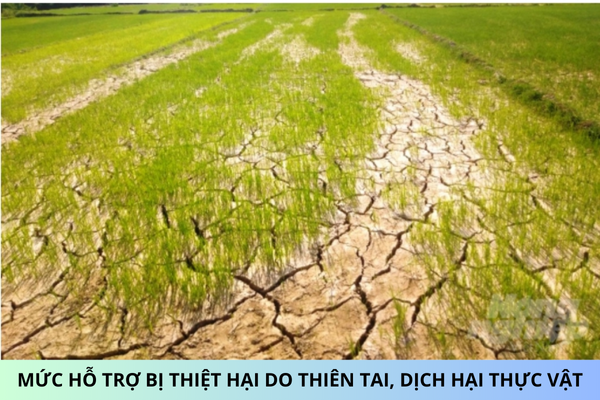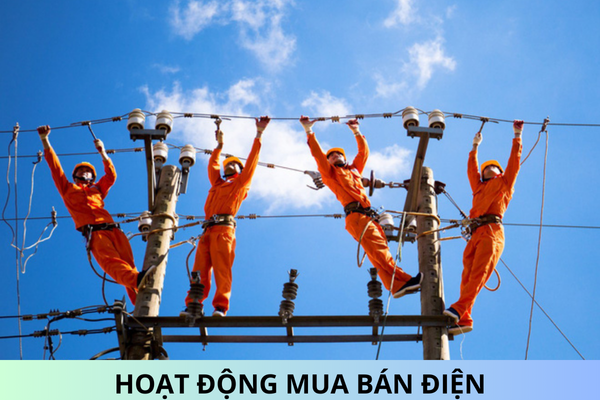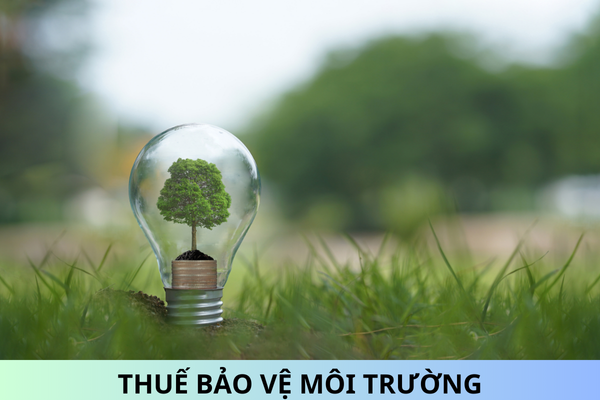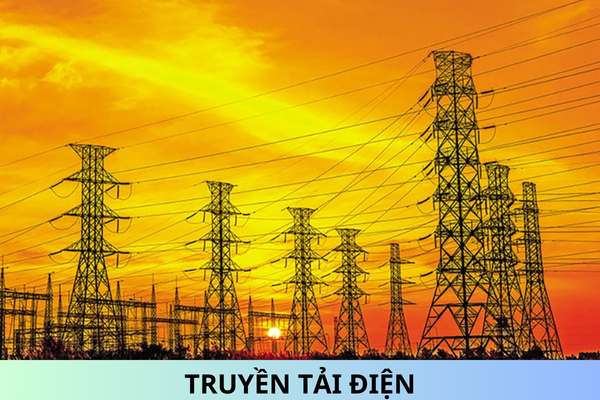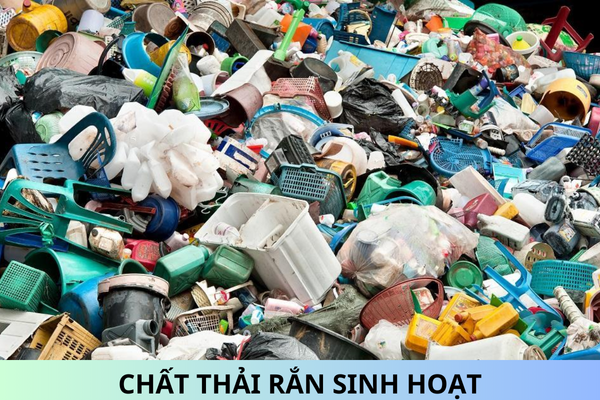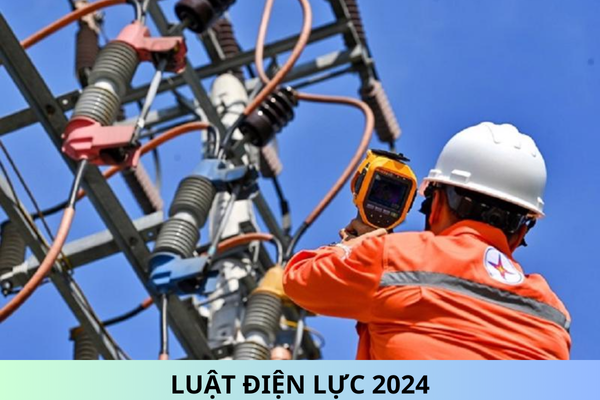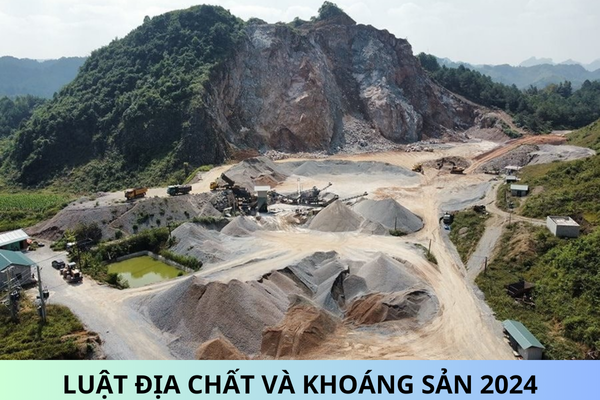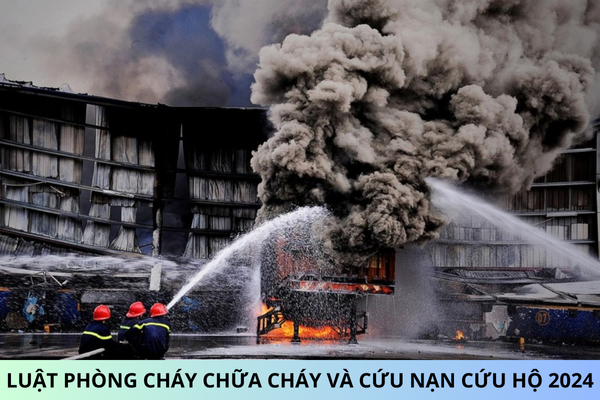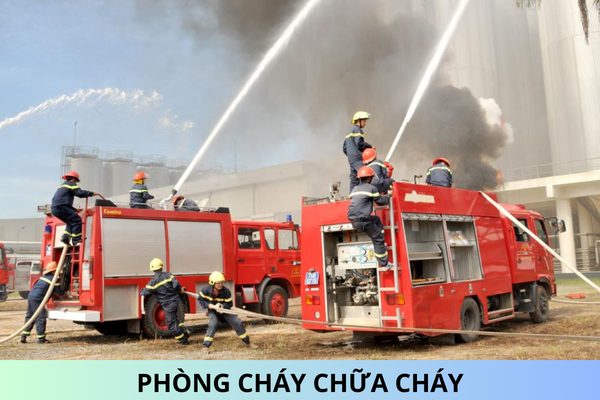What are regulations on the conversion activities of some fishing occupations affecting resources and the ecological environment in Vietnam?
What are regulations on the conversion activities of some fishing occupations affecting resources and the ecological environment in Vietnam? - Question from Thanh Loan (Dong Nai).
What are regulations on the conversion activities of some fishing occupations affecting resources and the ecological environment in Vietnam?
Pursuant to Subsection 2, Section IV, Article 1 of the Decision 208/QD-TTg in 2023 stipulating the implementation of the Scheme on conversion of a number of fishing occupations affecting resources and the ecological environment as follows:
+) For trawling and gillnet fishing:
- To reduce trawl fishing vessels with a maximum length of 15 m of water or more, fishing vessels aged from 15 years old in the period to 2025 and gradually decrease in the period 2026 - 2030.
- Do not re-issue the license to hire or buy fishing vessels from other places to the locality for fishing vessels engaged in trawling and gillnet fishing. The granting of approval for leasing and buying fishing vessels is only done when the buyer commits to switch to other occupations.
- For fishing vessels registered for job conversion, when the approval is granted, only conversion to other occupations other than trawling and gillnet fishing is allowed.
+) Converting coastal occupations into fishing services, recreational fishing and other occupations
In the flat seas, estuaries, and island edges where there are potentials and conditions for tourism development, it is necessary to promote the development of recreational fisheries, including the following activities:
- Exploiting landscapes and marine ecosystems, converting some fishing boats to glass bottom boats to watch fish, coral reefs, snorkeling or diving to see corals, sea grass, etc affect the cultural heritage in the marine area according to the provisions of the law on cultural heritage.
- Controlled fishing activities: such as squid fishing, reef fishing, diving and hunting, etc associated with food service activities on board.
- Experience fishing activities.
- Other educational and recreational activities.
- Fishery logistics services include the professions of purchasing, transporting seafood at sea, exploring, searching, and luring. Linking the management of licensing recreational fisheries to exploit marine resources into the transformation of occupational structure for coastal fishing communities through forms of co-management and solidarity groups.
Focus on converting and reducing the number of fishing vessels engaged in gill nets.
Maintain the number of fishing boats engaged in gill netting in the coastal and inland areas.
+) Conversion to aquaculture and aquaculture services for localities with potential for marine aquaculture development.
What is the goal by 2025 of the Scheme on conversion of a number of fishing occupations affecting resources and the ecological environment in Vietnam?
Pursuant to Subsection 2.a, Section II, Article 1 of the Decision 208/QD-TTg in 2023 stipulating the objectives of the Scheme by 2025 as follows:
OBJECTIVES BY 2030
...
2. Specific goals
a) By 2025
- Converting about 2,000 fishing vessels operating in coastal waters and inland waters that are engaged in fishing activities to aquaculture, aquaculture services, recreational fisheries, and other occupations that are currently planned by the locality. develop directions or participate in tourist guides in areas of conservation and protection of aquatic resources and do not violate the provisions of law, specifically:
+ Converting 1,000 fishing vessels operating in coastal waters (fishing vessels with the largest length from 6 meters to less than 12 meters).
+ Converting 1,000 fishing vessels operating in the lagoon (fishing vessels with the largest length from 12 meters to less than 15 meters).
- Converting 1,000 fishing vessels operating in the high seas from fishing activities that greatly affect aquatic resources and ecosystems to fishing activities that have little impact on aquatic resources and the environment. ecosystems, specifically as follows:
+ Converting 700 ships engaged in trawl fishing in the high seas into trapping, capturing, finning, fishing, and logistics services;
+ Converting 300 vessels engaged in gillnet fishing for offshore exploitation into trapping, capturing, finning, fishing, and logistics services.
- Vocational training and training for 50,000 fishermen whose fishing boats change jobs in accordance with the new transformed occupations.
According to the above regulations, the Scheme on conversion of a number of fishing occupations affecting resources and the ecological environment sets the objectives by 2025 as follows:
- Converting about 2,000 fishing vessels operating in coastal waters and inland waters that are engaged in fishing activities to aquaculture, aquaculture services, recreational fisheries, and other occupations that are currently planned by the locality. development
- Or participating in tourist guides in areas of conservation and protection of aquatic resources and do not violate the provisions of law, specifically:
+ Converting 1,000 fishing vessels operating in coastal waters (fishing vessels with the largest length from 6 meters to less than 12 meters).
+ Converting 1,000 fishing vessels operating in the lagoon (fishing vessels with the largest length from 12 meters to less than 15 meters).
- Converting 1,000 fishing vessels operating in the high seas from fishing activities that greatly affect aquatic resources and ecosystems to fishing activities that have little impact on aquatic resources and the environment. ecosystems, specifically as follows:
+ Converting 700 ships engaged in trawl fishing in the high seas into trapping, capturing, finning, fishing, and logistics services;
+ Converting 300 vessels engaged in gillnet fishing for offshore exploitation into trapping, capturing, finning, fishing, and logistics services.
- Vocational training and training for 50,000 fishermen whose fishing boats change jobs in accordance with the new transformed occupations.
What is the objective of the Scheme on conversion of a number of fishing occupations affecting resources and the ecological environment in the period from 2026 to 2030 in Vietnam?
Pursuant to Subsection 2.b, Section II, Article 1 of the Decision 208/QD-TTg in 2023 stipulating the objectives of the Scheme in the period from 2026 to 2030 as follows:
- Converting 4,000 fishing vessels operating in coastal waters and inland waters that are engaged in fishing activities into aquaculture, aquaculture services, recreational fisheries, and other occupations that are oriented by the locality. develop or participate in tourist guides in areas of conservation and protection of aquatic resources and do not violate the provisions of law, specifically:
+ Converting 2,500 fishing vessels operating in coastal areas (fishing vessels with the largest length from 6 meters to less than 12 meters).
+ Converting 1,500 fishing vessels operating in the floodplain (fishing vessels with the largest length from 12 meters to less than 15 meters).
- Converting 2,000 fishing vessels operating in the high seas from fishing activities that greatly affect aquatic resources and ecosystems into fishing activities that affect aquatic resources, the environment and the ecosystem. The specific ecology is as follows:
+ Converting 1,000 vessels engaged in trawl fishing in the high seas into trapping, capturing, finning, fishing, logistics services, aquaculture, aquaculture services, recreational fisheries;
+ Converting 1,000 ships engaged in gillnet fishing for tuna exploitation in the high seas into trapping, capturing, finning, fishing, logistics services, aquaculture, aquaculture services, recreational fishing;
- Vocational training and training for 70,000 fishermen whose fishing boats change jobs in accordance with the new transformed occupations.
Best regards!
